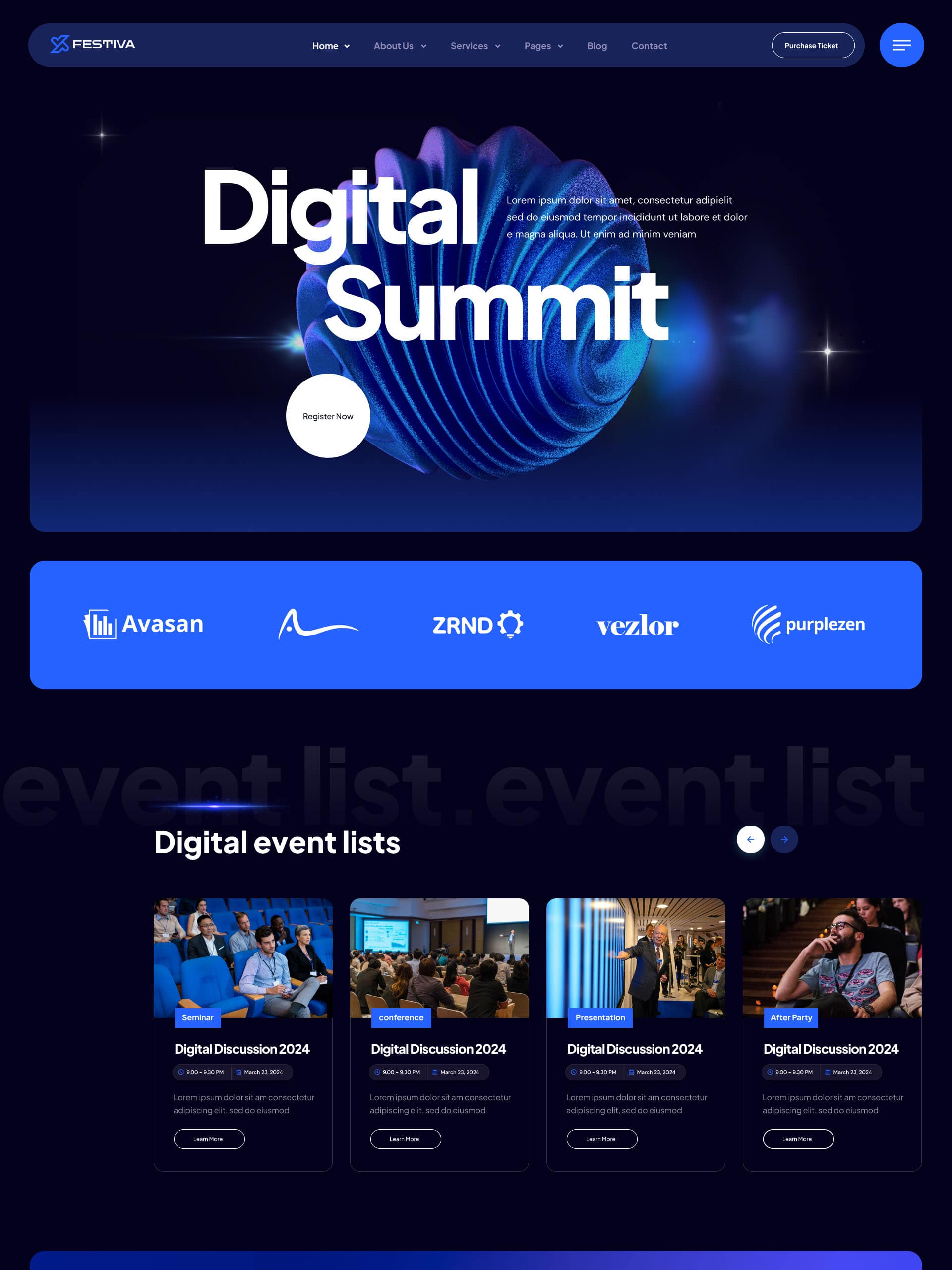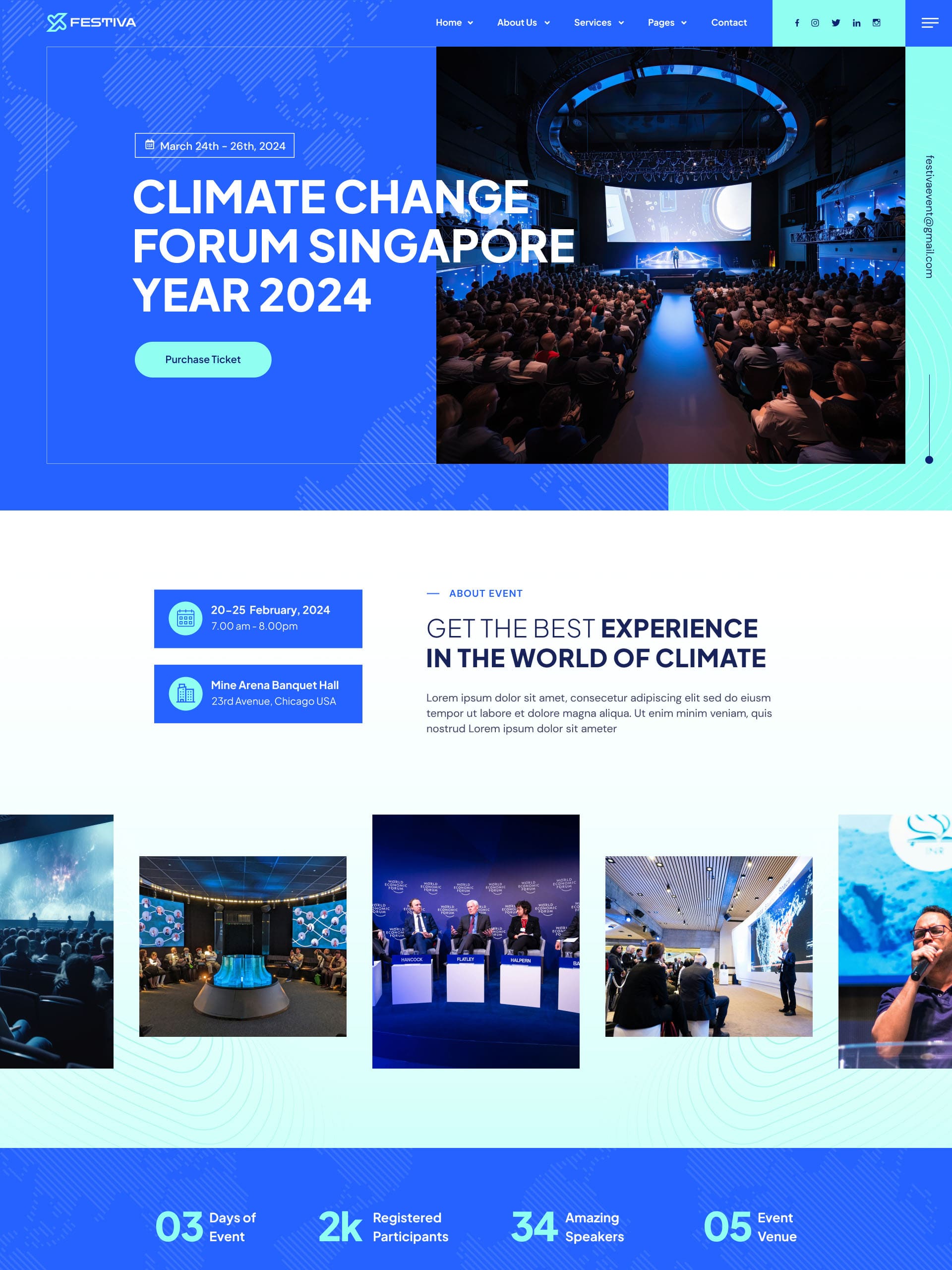New ESG Regulations: What Companies Need to Know in 2025
As we enter 2025, the ESG regulatory landscape continues to evolve at an unprecedented pace. Companies worldwide are facing a complex web of new requirements, enhanced disclosure standards, and stricter compliance frameworks. Understanding these changes isn’t just about avoiding penalties—it’s about positioning your organization for sustainable success in an increasingly regulated business environment.
Key Regulatory Changes for 2025
EU Corporate Sustainability Reporting Directive (CSRD)
The CSRD expansion continues to phase in throughout 2025, affecting thousands of additional companies. New requirements include detailed sustainability reporting, third-party assurance, and digital taxonomy alignment. Companies must now report on double materiality, covering both financial and impact perspectives.
SEC Climate Risk Disclosure Rules
Enhanced climate risk disclosures are now mandatory for public companies, requiring comprehensive reporting on climate-related risks, governance structures, and transition planning. Companies must provide quantitative data on Scope 1 and 2 emissions, with Scope 3 reporting required for large filers.
UK Sustainability Disclosure Requirements (SDR)
New labeling and disclosure rules for investment products create stricter standards for ESG claims. Asset managers must now provide detailed sustainability profiles and evidence-based impact metrics.
Global Supply Chain Due Diligence Laws
Expanded due diligence requirements across multiple jurisdictions require companies to monitor and report on human rights and environmental impacts throughout their supply chains.
Compliance Strategies for 2025
Establish Integrated ESG Governance
Create cross-functional teams that bridge legal, sustainability, finance, and operations departments. Effective compliance requires coordination across all business functions, not just isolated sustainability teams.
Implement Robust Data Management Systems
Invest in technology platforms that can collect, validate, and report ESG data consistently across operations. Automated data collection reduces compliance costs and improves accuracy.
Develop Materiality Assessment Frameworks
Regular materiality assessments help identify which ESG factors require reporting focus. This strategic approach ensures resources are allocated to the most significant compliance requirements.
Engage Third-Party Assurance Providers
Many new regulations require independent verification of ESG disclosures. Early engagement with qualified assurance providers ensures smooth compliance implementation.
Create Regulatory Monitoring Protocols
Establish systems to track regulatory developments across all relevant jurisdictions. The regulatory landscape changes rapidly, and staying current is essential for maintaining compliance.
Best Practices for Implementation
Start with Baseline Assessments
Conduct comprehensive gap analyses to understand current capabilities versus regulatory requirements. This foundation enables targeted compliance investments.
Prioritize High-Impact Regulations
Focus initial efforts on regulations with the most significant potential impact on your business operations and market access.
Build Internal Capabilities
Train teams on new regulatory requirements rather than relying solely on external consultants. Internal expertise creates sustainable compliance capabilities.
Integrate ESG into Business Strategy
Align compliance efforts with broader business objectives to create value beyond regulatory requirements.
Navigating Future Regulatory Trends
Anticipate Expanding Scope
Regulatory requirements will continue to expand in scope and geographic coverage. Building scalable compliance frameworks prepares organizations for future requirements.
Prepare for Technology Requirements
Digital reporting standards and data transparency requirements are becoming more sophisticated. Investment in technology infrastructure is essential for long-term compliance.
Plan for Stakeholder Engagement
Regulators increasingly expect meaningful stakeholder consultation in ESG reporting. Develop stakeholder engagement strategies that meet evolving expectations.
Join ESG Compliance Experts at ESGNext Conference
Stay ahead of the evolving regulatory landscape at the ESGNext Conference in Dubai (November 4-5, 2026). Connect with compliance professionals, regulatory experts, and industry leaders for the latest insights on ESG regulations and practical implementation strategies.
At ESGNext Conference, you’ll:
- Learn from regulatory specialists and compliance officers managing complex ESG requirements
- Discover practical frameworks for efficient compliance implementation
- Network with professionals facing similar regulatory challenges
- Access the latest tools and technologies for ESG reporting and compliance
- Participate in workshops focused on specific regulatory requirements and best practices
Transform regulatory compliance from a burden into a competitive advantage.
Register for ESGNext Conference Dubai and ensure your organization stays compliant and competitive in the evolving ESG regulatory landscape.








